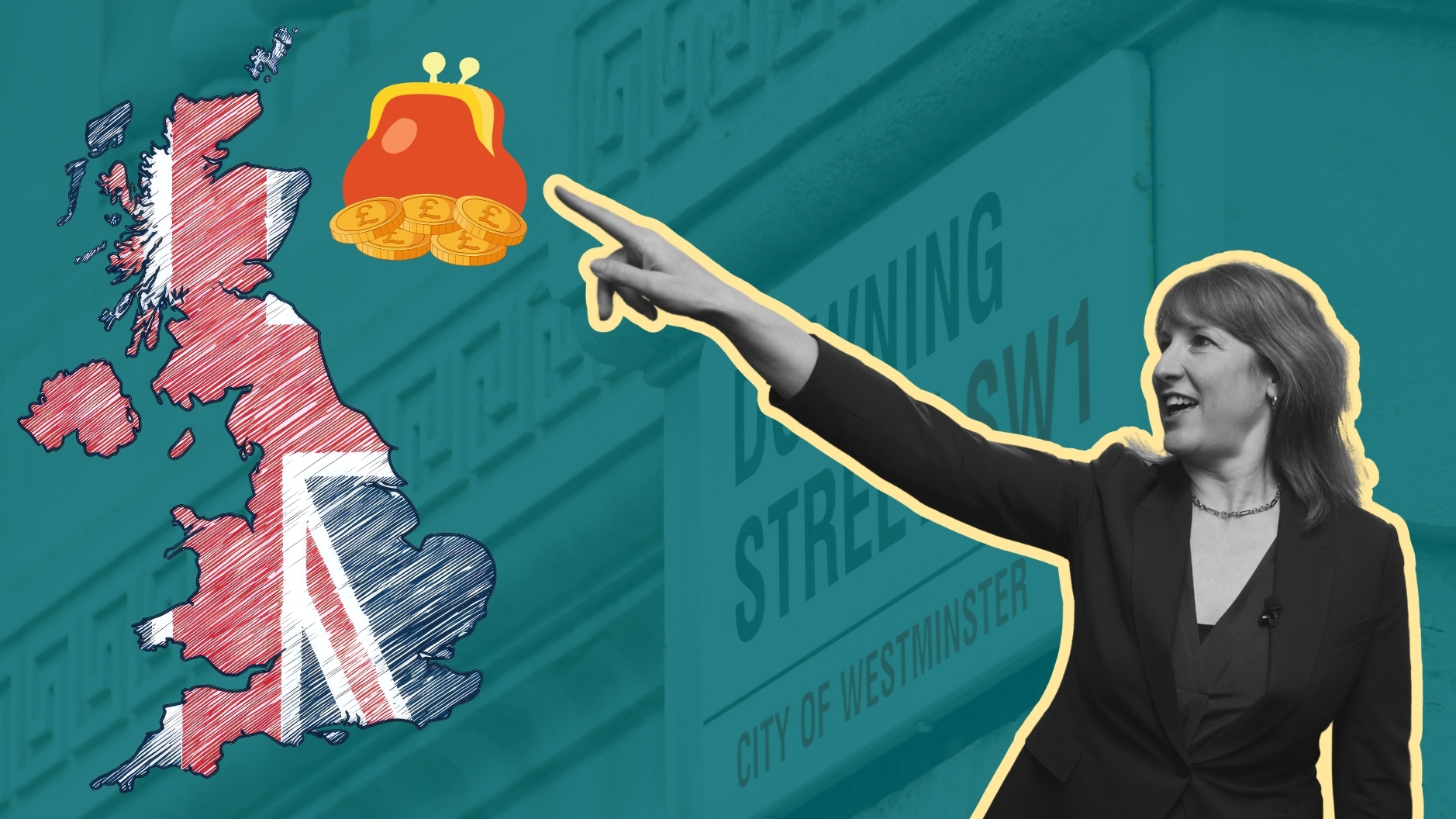Why you should steer clear of bonds
The scale of the bubble in the gilt markets was 'starkly demonstrated' on Tuesday when the Government auctioned inflation-linked bonds at the 'lowest yield ever', says Joanna Chung in the FT (low yields mean high prices).

Get the latest financial news, insights and expert analysis from our award-winning MoneyWeek team, to help you understand what really matters when it comes to your finances.
You are now subscribed
Your newsletter sign-up was successful
Want to add more newsletters?
The scale of the bubble in the gilt markets was "starkly demonstrated" on Tuesday when the Government auctioned inflation-linked bonds at the "lowest yield ever", says Joanna Chung in the FT (low yields mean high prices).
The Government managed to sell £650m worth of 50-year inflation-linked treasuries at a yield of just 0.46% above the rate of inflation. And even though returns from the bond are almost guaranteed to be bad, the offer was 1.75 times oversubscribed.
Steer clear of bonds: the gilt market bubble
This is an extraordinary state of affairs, says David Miles, also in the FT. In the 300 years since the Government first issued bonds, the average inflation-adjusted yield has been "very close to 3%". It has rarely fallen under 1% and almost never under 0.5%. Yet at their very lowest on Tuesday it was a mere 0.38%. No wonder many say the market is in the midst of a bubble.
Try 6 free issues of MoneyWeek today
Get unparalleled financial insight, analysis and expert opinion you can profit from.

Sign up to Money Morning
Don't miss the latest investment and personal finances news, market analysis, plus money-saving tips with our free twice-daily newsletter
Don't miss the latest investment and personal finances news, market analysis, plus money-saving tips with our free twice-daily newsletter
So how long can the bubble can last? There are several arguments as to why real yields may stay low (and prices high), says Miles. The main one is that pension funds have to match long-term liabilities to long-term yields. This requirement has poured money into bonds pushing the price up and yields down.
Steer clear of bonds: pension funds will stop buying
But while this is the "most credible" explanation for the low yields, defined-benefits pensions schemes are increasingly being closed to new entrants, so once they've made the portfolio switch now underway they won't keep buying. That means the balance between net new demand and supply "will look very different" and yields move higher as bond prices fall. Meanwhile, retail investors should steer clear: pension funds may have to buy bonds, we don't.
For more on pension funds and government bonds, read: How fund managers are making the pensions crisis worse.
Get the latest financial news, insights and expert analysis from our award-winning MoneyWeek team, to help you understand what really matters when it comes to your finances.
Annunziata was a deputy editor at MoneyWeek, covering financial markets, politics, economics and comment pieces. She then went on to the Daily Telegraph as a lead writer where she wrote a column on young women’s financial issues. She was briefly a member of the European Parliament for the East Midlands region in the UK as part of the Conservative Party. Annunziata continues to write as a freelance journalist.
-
 What do rising oil prices mean for you?
What do rising oil prices mean for you?As conflict in the Middle East sparks an increase in the price of oil, will you see petrol and energy bills go up?
-
 Rachel Reeves's Spring Statement – live analysis and commentary
Rachel Reeves's Spring Statement – live analysis and commentaryChancellor Rachel Reeves delivered her Spring Statement today (3 March). What was announced?
